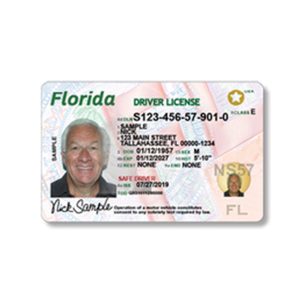Social Security Number
The Social Security Number (SSN) is a unique nine-digit identifier that holds a central place in the lives of Americans. Originally designed as a tool to track earnings and administer Social Security benefits, the SSN has evolved to become an essential element of financial security and identity verification in the United States. In this article, we will explore the significance of the SSN, its historical context, its various uses, and the importance of safeguarding this critical piece of personal information.
Historical Context of the SSN
The Social Security Number was created as part of the Social Security Act of 1935. Initially, its primary purpose was to track earnings and contributions to the Social Security system. The program was established to provide financial support to retirees and those with disabilities. Over time, the SSN became a key identifier, not only for Social Security but also for various other purposes.
Significance of the SSN
- Social Security Benefits: The SSN continues to serve its original purpose by facilitating the distribution of Social Security benefits, which include retirement, disability, and survivor benefits.
- Employment and Taxes: Employers use the SSN for payroll and tax reporting purposes. Employees provide their SSNs when completing employment-related forms, such as the W-4 and I-9.
- Credit and Financial Transactions: Financial institutions, credit bureaus, and lenders use the SSN to assess an individual’s creditworthiness when applying for loans, credit cards, or mortgages.
- Government Services: The SSN is essential for accessing various government services, such as obtaining a driver’s license, applying for federal student aid (FAFSA), and receiving Medicare or Medicaid benefits.
- Identity Verification: Many organizations use the SSN to verify a person’s identity. It is often required when opening a bank account, applying for a passport, or conducting certain legal transactions.
- Tax Filing: Individuals use their SSNs when filing income tax returns, and the IRS uses it to process tax refunds and identify taxpayers.
Safeguarding Your SSN
Protecting your SSN is of paramount importance due to its central role in various aspects of your financial life and identity. Here are some tips on safeguarding your SSN:
- Keep It Private: Only share your SSN when absolutely necessary. Be cautious about who you provide it to and why.
- Secure Physical Documents: Store documents containing your SSN, such as your Social Security card, in a secure and locked place. Avoid carrying your card in your wallet or purse.
- Online Security: Be vigilant about online security. Use strong, unique passwords for online accounts and enable multi-factor authentication when possible.
- Beware of Scams: Be cautious of phishing emails, calls, or messages that request your SSN. Legitimate organizations will not ask for it via unsolicited communications.
- Monitor Your Credit: Regularly review your credit reports for any suspicious activity or unauthorized accounts.
- Report Lost or Stolen Cards: If your Social Security card is lost or stolen, report it to the Social Security Administration immediately.
Conclusion
The Social Security Number is not just a string of digits; it is the key to your financial security and identity in the United States. Its multifaceted role in government programs, employment, financial transactions, and identity verification underscores its significance. By taking proactive steps to protect your SSN and using it responsibly, you can ensure that it continues to serve as a valuable tool in your financial and personal life while minimizing the risk of identity theft and fraud.







There are no reviews yet.